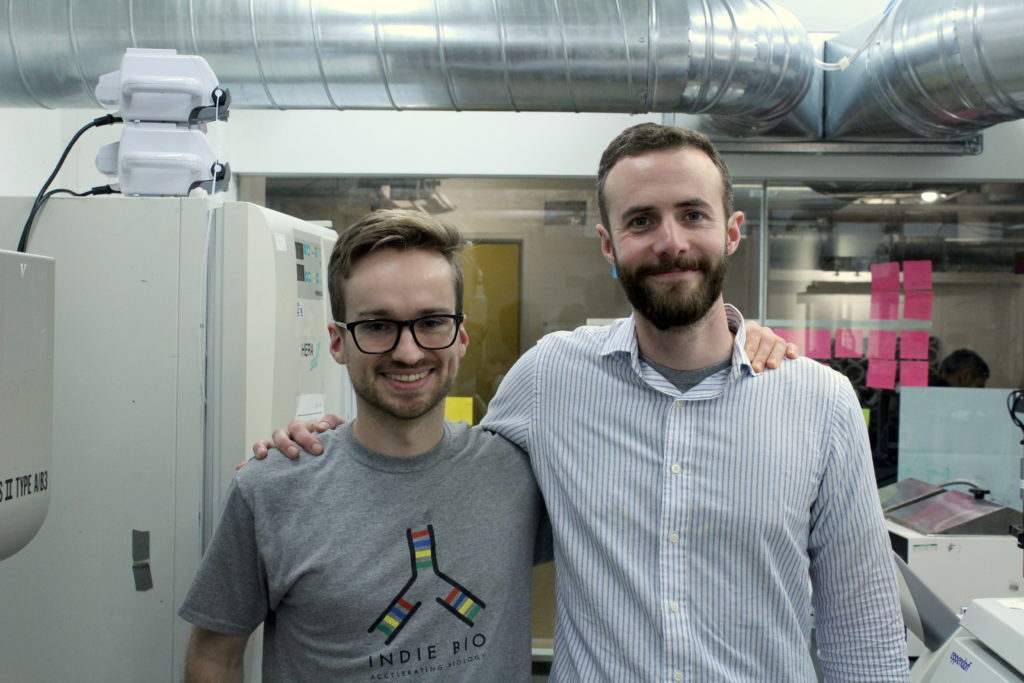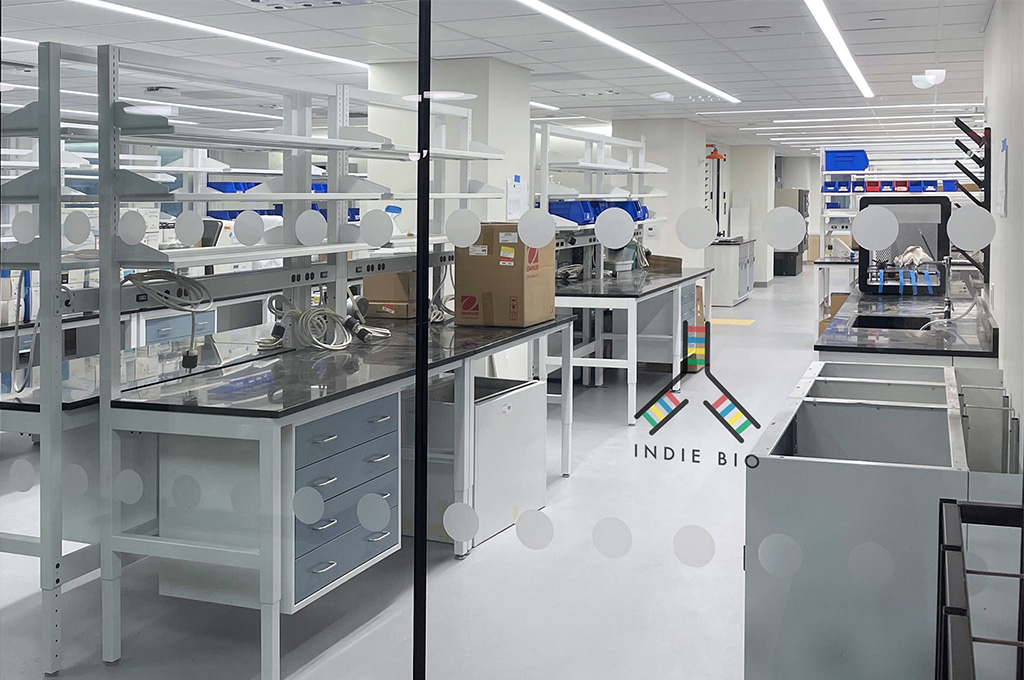
Gene therapy recently has been extremely exciting in the news. However, the limitation of gene therapy is ineffective delivery. When injecting genes to be delivered, especially in adeno-associated virus (AAV), we are seeing an induced immune response where the body starts clearing out the virus. Serenity Bioworks is working to rid the immune response and instead induce a tolerance response, allowing the AAV to be dosed and redosed as necessary.
How did you become interested in immune tolerance?
Cody: The immune system is one of the most complex things in the universe, and that in itself is incredibly interesting. There is a lot yet to figure out. The more we understand about the immune system, the better the development of therapeutics will be able to unlock the next frontier of medicine for monogenic diseases. From a holistic viewpoint, our compounds have been detected in contexts where our own cells and microbiome communicate with the immune system to induce tolerance, as well as other instances where immune tolerance is present. Serenity’s key insight and my own interest in immune tolerance induction came from doing research in this area.
When did you decide to start the company and how did your team come together?
Cody: I decided to start the company after I developed my ideas in grad school, which involved applying certain concepts I learned. I decided to raise some money to look at these ideas a little bit more. At the time, I was living with Spencer Berg, my co-founder, and I would come home and talk about what I was up to, certain grants that I’d raised, pitch competitions I’d won. And then he developed an interest as well. Eventually, we got accepted into an incubator in Canada to further develop the technology behind our company.
So how does your technology work? What was that key insight?
Cody: The key insight is understanding how your immune system decides not to attack your microbiome or your own cells. There’s a set of compounds that kept on popping up in these contexts — this is what I was looking at in grad school, though in a different way. We thought that this would be a really good solution for developing tolerance for gene therapy products.
During IndieBio, what lessons have you learned transitioning from scientist to entrepreneur?
Cody: There are so many lessons! For one, you pick up a lot of jargon as a scientist, and you’re used to communicating with scientists. An entrepreneur has to communicate to a broad range of audiences. You might be talking to an accountant, a lawyer, an investor… You will find yourself talking to people who have never heard of your field before. As an entrepreneur, it’s incumbent upon you to properly communicate to a broad range of audiences. You have to lose all of the jargon you pick up in academia and adapt.
And how do you think your success as a company will change the gene therapy industry?
Cody: We are developing an immune-compatible gene therapy. For the last 30 years, gene therapies have been combatting against the immune system. We want to work with the immune system to unlock these therapeutics. If we’re successful we will make these therapeutics safer and more effective.
What milestones are you aiming to hit in the near future?
Cody: In the near future? We’re going to wrap up our first set of studies in vivo, raise our next round of financing and conduct IND-enabling studies next year. We’re also looking to develop partnerships with pharmaceutical and gene therapy companies that are running into issues with the immune system.
Watch Serenity Bioworks pitch on IndieBio Demo Day, Tuesday Nov. 6th in San Francisco or via LiveStream.
Register here!



